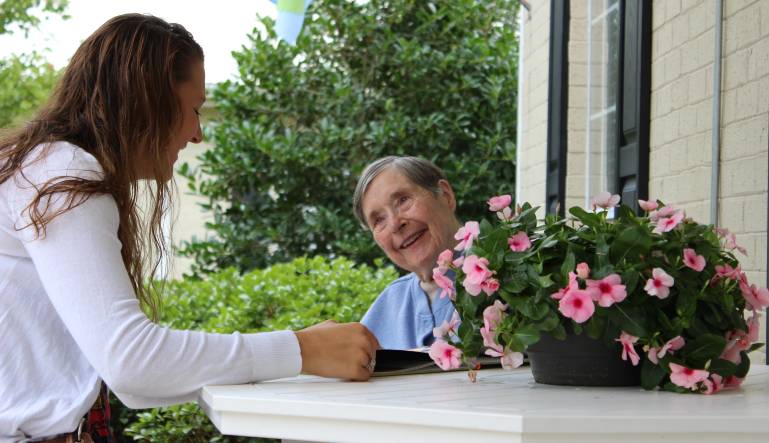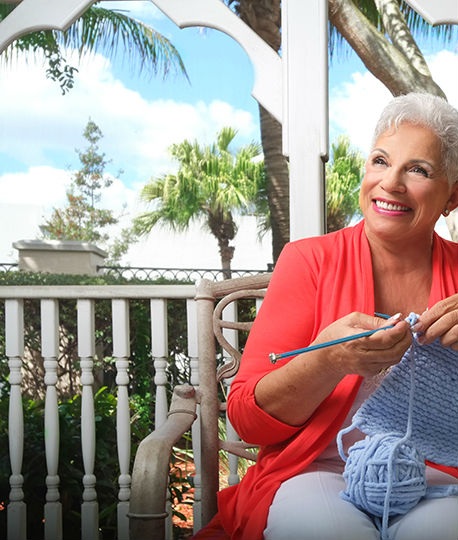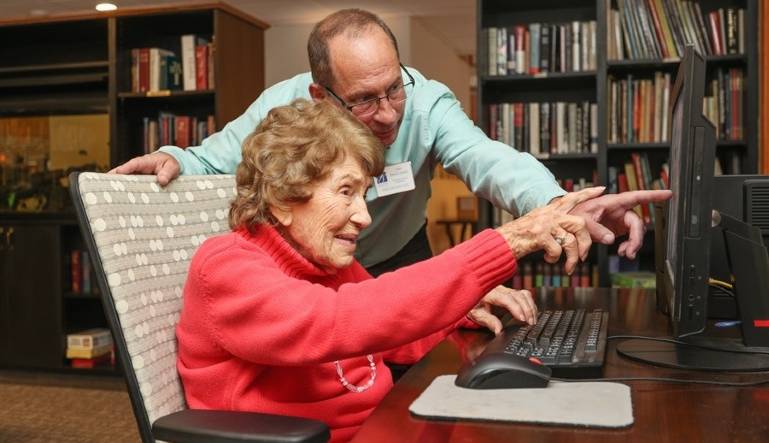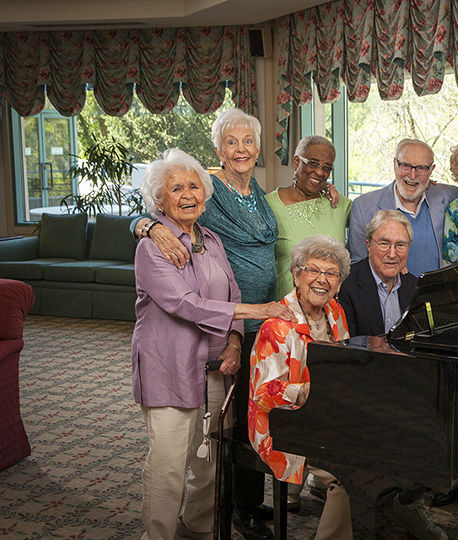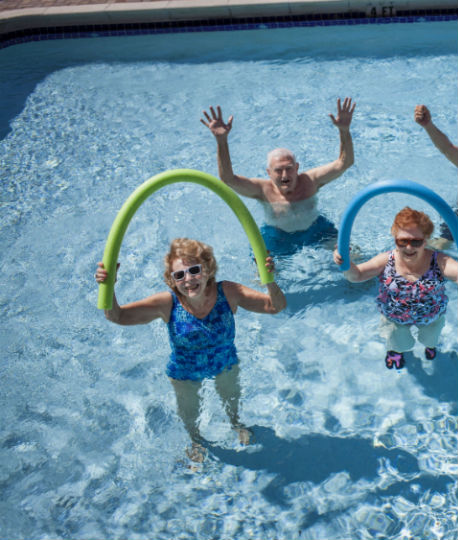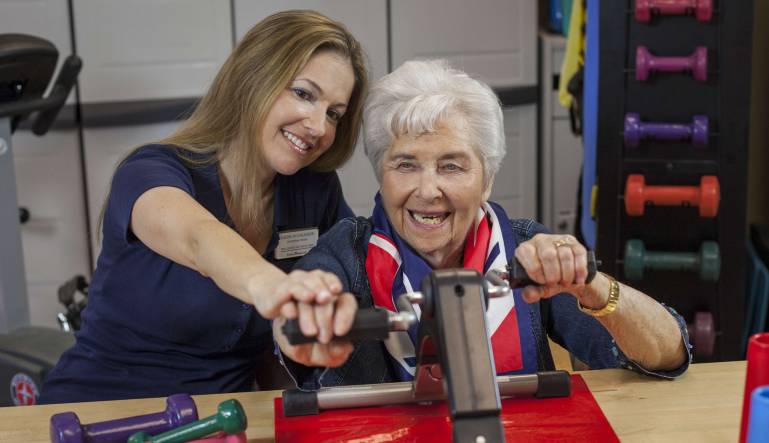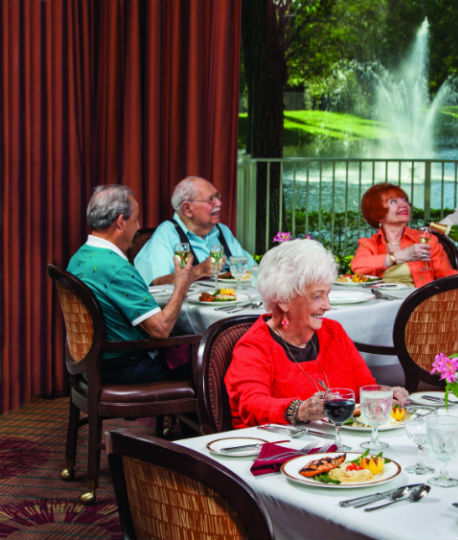Caregivers typically lead very busy lives. It’s a role often sandwiched in between other responsibilities, like children and a career. This can make the holidays, and all the hustle and bustle that comes with them, especially stressful. If not managed properly, caregiver stress can lead to a more serious case of burnout.
We have a few suggestions that we hope will allow you to relax more, and stress less this holiday season.
4 Ways to Thrive during the Holidays When You Are a Caregiver
1. Identify specific stressors
While it’s easy to lump stress altogether, identifying where your stress is coming from is necessary. Here are a few factors family caregivers often say are causing them anxiety and stress:
- Worrying that the senior’s needs aren’t being met
- Feeling concerned about neglecting a spouse, partner, or children
- Lacking enough time to get things done
- Missing work due to caregiving duties
- Needing more time for self-care
Once you’ve identified where you are struggling, it’s easier to find solutions. For example, call your church or synagogue to see if they have a volunteer visitor program for homebound seniors. This assistance would allow your loved one to have a regular visitor, and you to take a break.
2. Accept that no one can do it all
One mistake caregivers routinely make is thinking they can and must do everything alone. In most situations, that just isn’t realistic. Before the holidays are in full swing this year, set a goal to be more pragmatic. Here are a few ideas to consider for your holiday goal setting:
- Simplify holiday celebrations: It really is okay to simplify holiday traditions while you are busy caregiving. Instead of cooking a formal, sit-down dinner for family and friends, ask everyone to bring a dish or find a restaurant you can all meet at for a meal. Remind yourself that it doesn’t have to be forever, just until life is a little calmer.
- Responding to invitations: Most people have a difficult time saying no. Set your feelings of guilt aside and don’t feel obligated to attend every holiday event you are invited to. On the flip side, don’t feel guilty if you want to go to a party and have someone else stay with your loved one. A night out to laugh and enjoy yourself will likely make you a better caregiver.
3. Your health matters, too
The hectic pace of the holidays combined with the demands of caregiving, can lead many to take shortcuts with their diet and to skip exercising. Neither is a good idea.
If you need to rely on fast food or take out during the holiday rush, review the menus (and nutritional content!) at your favorite restaurants and opt for those that are the healthiest. This information on healthy foods at big chain restaurants will help.
4. Explore senior care options
Caregiving is a lot of work any time of year. Before the height of the holiday season, explore your local senior care options. Adult day centers and home care are two possibilities. Respite care and assisted living are others. You can take advantage of these services on a short-term or permanent basis.
Continuum of Care and Support at Five Star Senior Living
Sometimes, during the holiday season, caregivers begin to realize that a senior loved one needs more assistance than can be provided at home. If this situation sounds familiar, we’d like to help.
Contact a Five Star community near you to learn more about senior living options including respite care and short term stays.

